World War II Couple’s Love Letters Found Beneath British Hotel’s Floorboards
Workers discovered a trove of wartime artifacts, including chocolate wrappers, cigarette packets and correspondence
/https://tf-cmsv2-smithsonianmag-media.s3.amazonaws.com/filer/51/ac/51ac56bc-1487-4db8-9565-d676dc389a69/letters.jpg)
In February, workers at the Esplanade Hotel in Scarborough, a town along England’s northern coast, were renovating the historic building when they stumbled onto a veritable treasure trove of World War II–era ephemera. Hidden beneath the floorboards of a small utility room on the hotel’s first floor, the cache contained everything from a decades-old Vaseline tin to crumbling cigarette packets, chocolate wrappers and old-fashioned toothpaste tubes.
Staff also discovered evidence of a long-lost romance: a few time-worn, handwritten love letters. As BBC News reports, the Scarborough Historical and Archaeological Society (SHAC), which is working with the hotel to assess the find, estimates that the missives date to between 1941 and 1944.
In their exchanges, the pair express loneliness and relate the humdrum details of their daily lives. One note begins with the sender complaining about an abscess on their gum. Later, they write, “You are always in my thoughts night and day.”
The letter continues, “Wherever you may go my darling don’t ever forget that I love you more than anything else on earth.”
SHAC representative Marie Woods tells BBC News that when she “first started going through the material and realized exactly what it contained, I thought, ‘Oh my life these are stories about real people.’”
Woods adds, “It’s a real treasure trove find.”
The lovers’ names are missing from the letters, but the society is actively seeking more information about their identities. Researchers suspect that a woman may have been corresponding with her lover, a British soldier stationed at the hotel during the war.
“Time doesn’t seem to go so quickly up here & the days drag & I suppose they’ll fly when I get home again,” the likely soldier writes in a response to his lover. “Oh darling I’m so lonely without you.”
Per BBC News, numerous military units stayed at the Esplanade during the war, including the 184th Tunneling Company of the Royal Engineers; the Royal Signals; and the 7th Battalion, Rifle Brigade. These soldiers would have rested at the hotel in between training or wartime deployments.
Though the mystery sender signed her name, which started with the letter “M,” on one missive, mice nibbled away at the page, rendering the word unreadable. In another letter, the woman listed a return address: 50 Dellburn Street in Motherwell, Lanarkshire.
The society does have one strong lead, though it will need to conduct more research to confirm the connection. After the discovery was publicized, says Woods to i newspaper’s George Martin, the society received an email revealing the identities of the address’ wartime occupants: Jessie and James McConnell.
“They had a son called John who was in the RAF and who was very sadly killed in a plane crash in 1943 at the age of 19,” Woods tells i. “We think the letters may have come from him and been written to a girlfriend while he was stationed at the hotel.”
Woods adds that the organization hopes to display the letters in the hotel once lockdown is lifted.
“The letters are extremely evocative and bring home the personal emotions of people who experienced the traumas brought about as a result of war,” the society wrote in a March 8 Facebook post. “It would be truly wonderful, if by some miracle, we were able to find out more about these wartime sweethearts and their lives after the war.”
/https://tf-cmsv2-smithsonianmag-media.s3.amazonaws.com/accounts/headshot/nora.png)
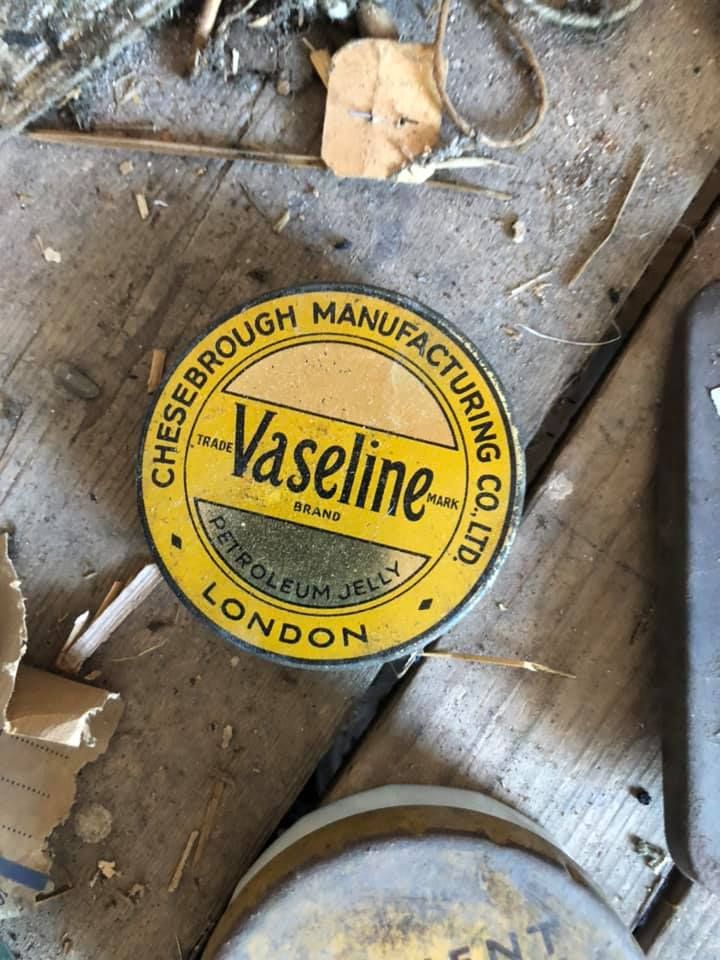
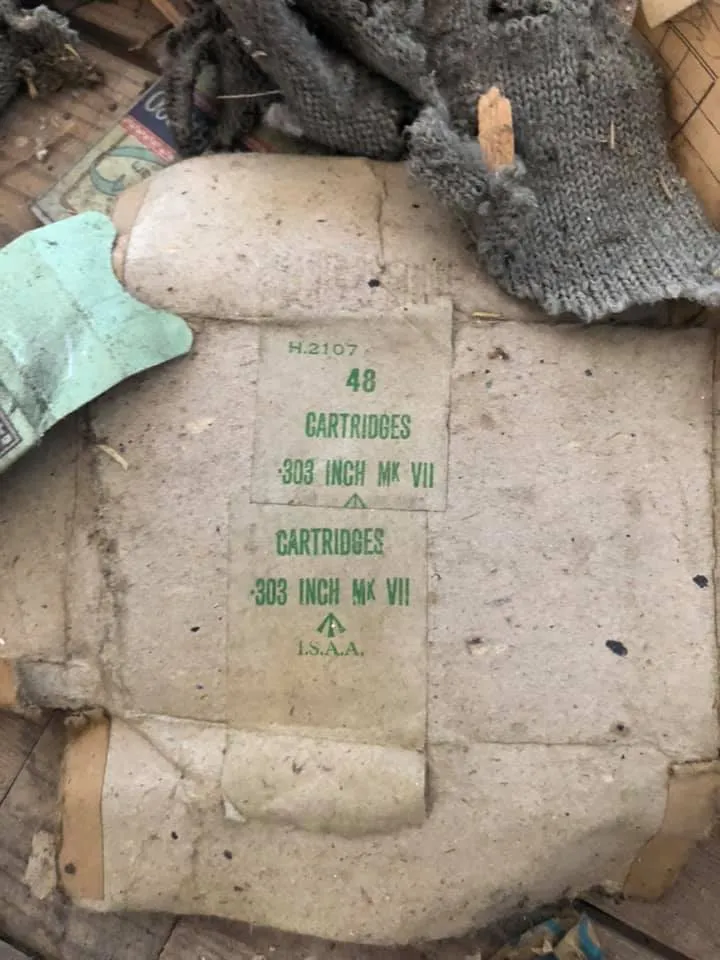
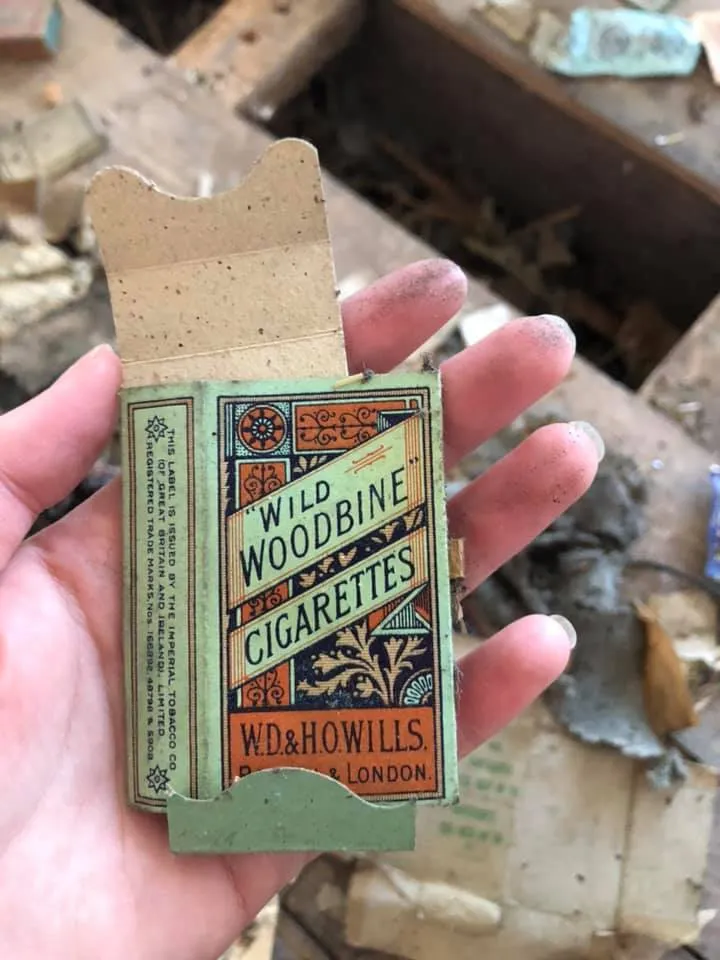
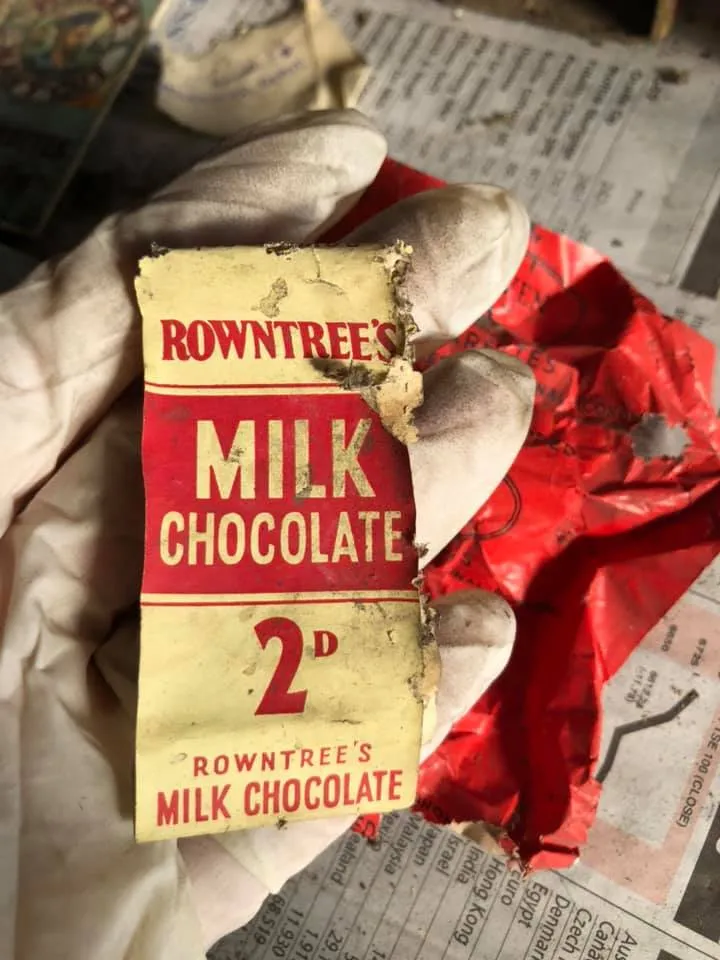
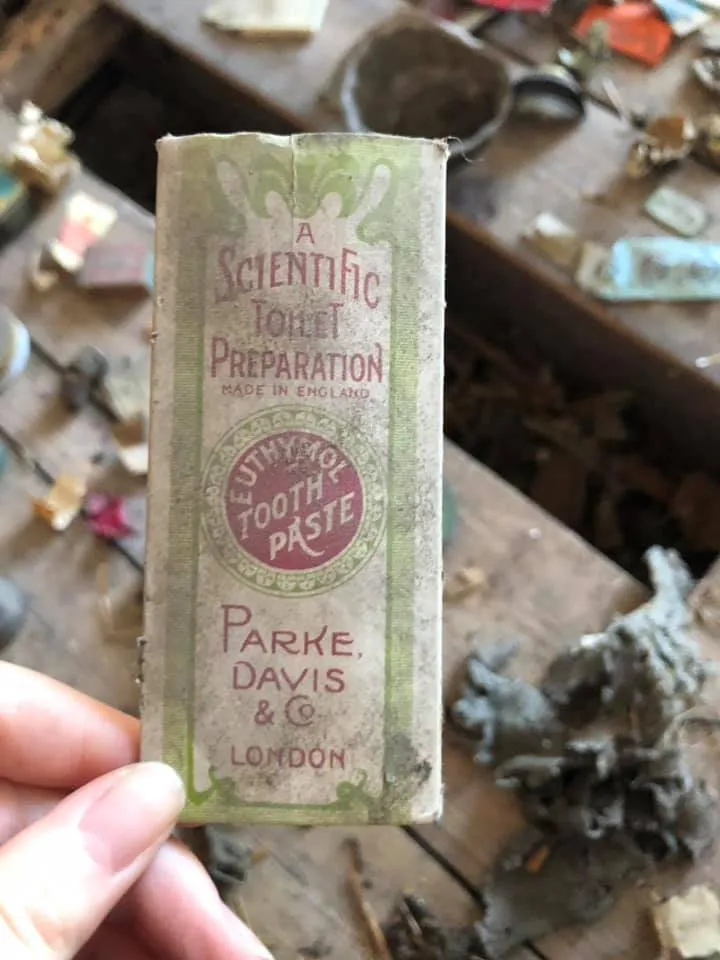


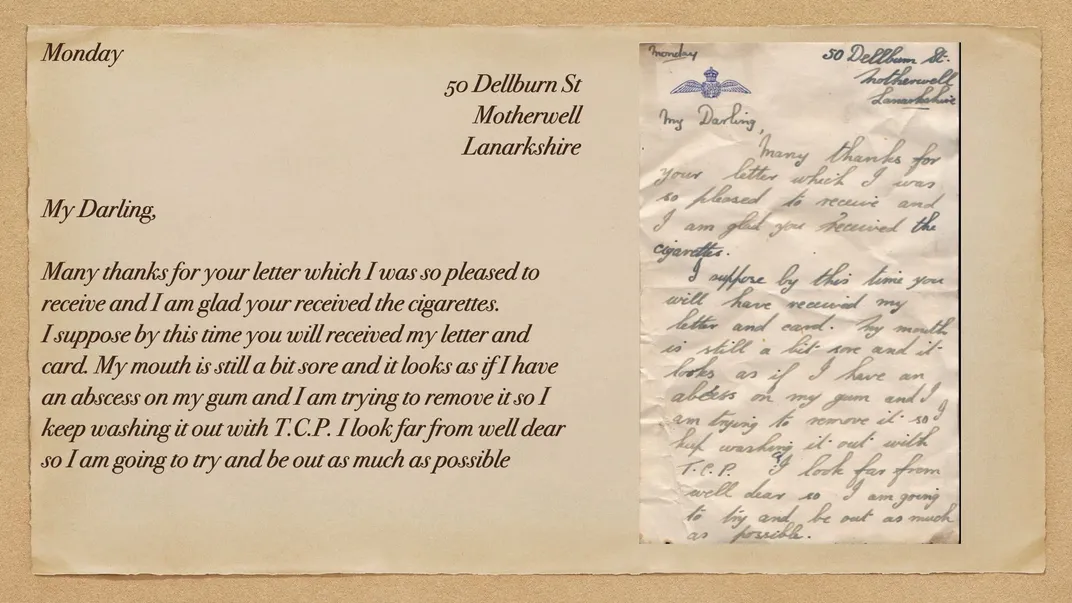
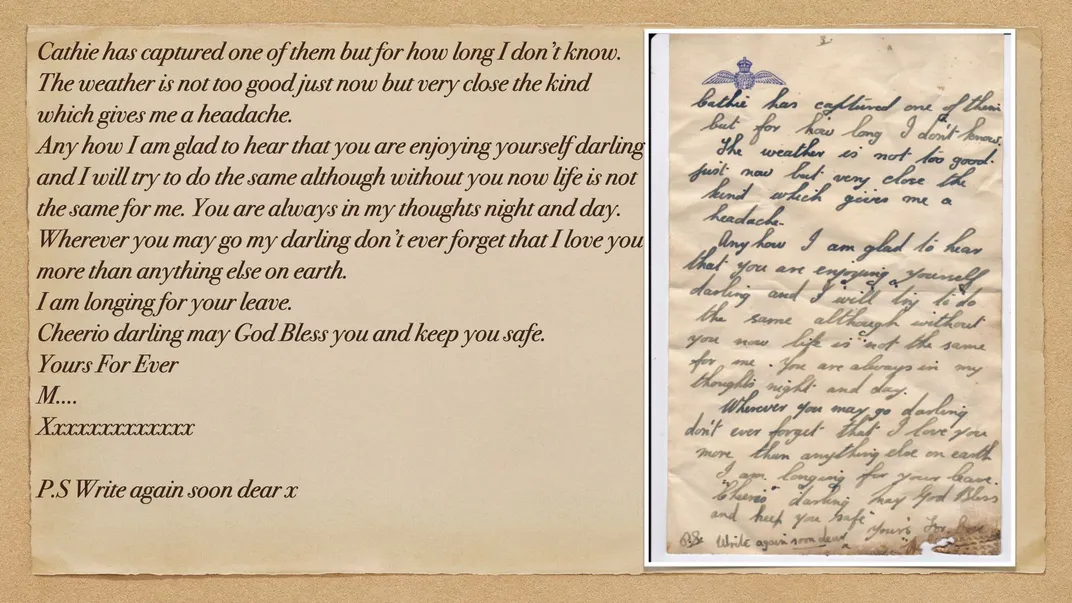
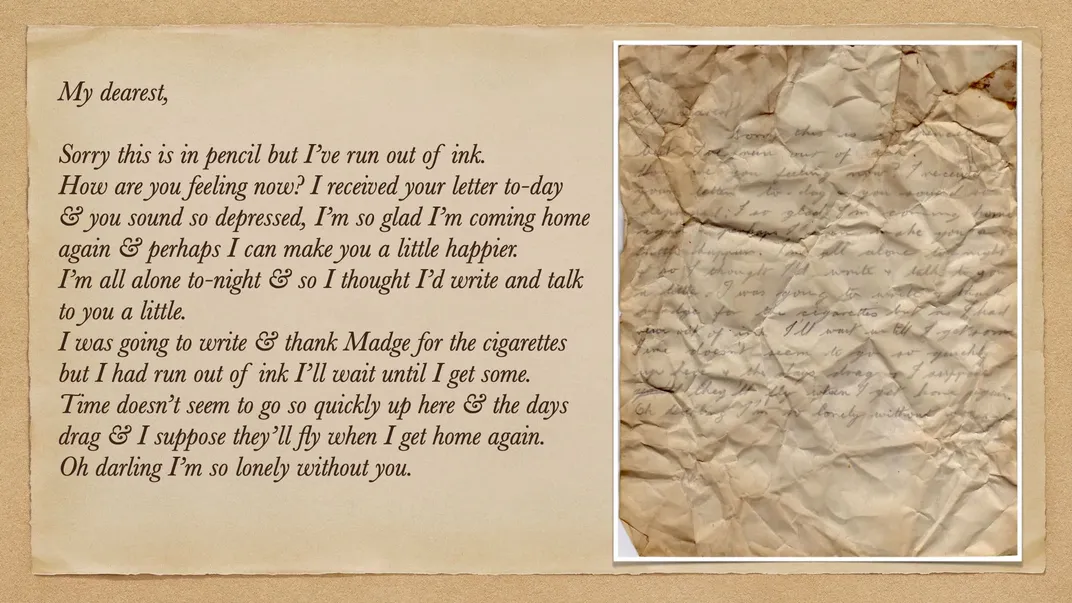
/https://tf-cmsv2-smithsonianmag-media.s3.amazonaws.com/accounts/headshot/nora.png)